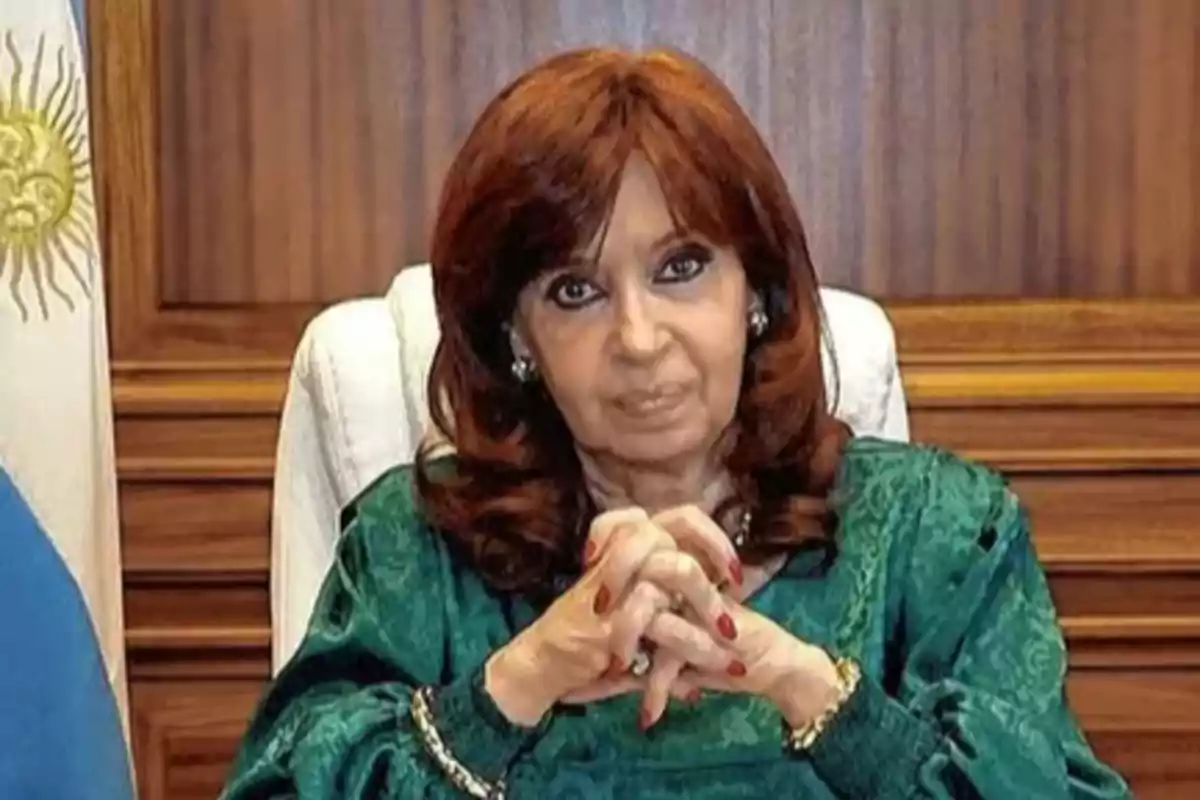
The Supreme Court of Justice upheld the sentence against Cristina Fernández de Kirchner (CFK) of six years in prison and a lifetime ban from holding public office. The case involves fraudulent administration regarding the awarding of 51 road-construction projects in the southern province of Santa Cruz.
The first striking detail was that the major hegemonic media outlets announced not only the ruling but also the exact date it would be made public—a week in advance. And so it was.
Cristina Fernández de Kirchner heads the political movement opposing the far-right president Javier Milei and his ally, former right-wing president Mauricio Macri. There have been roadblocks, vigils outside CFK’s home and the Palace of Justice, nationwide protests, traffic disruptions, and political rallies under the slogan: “Argentina with Cristina.”
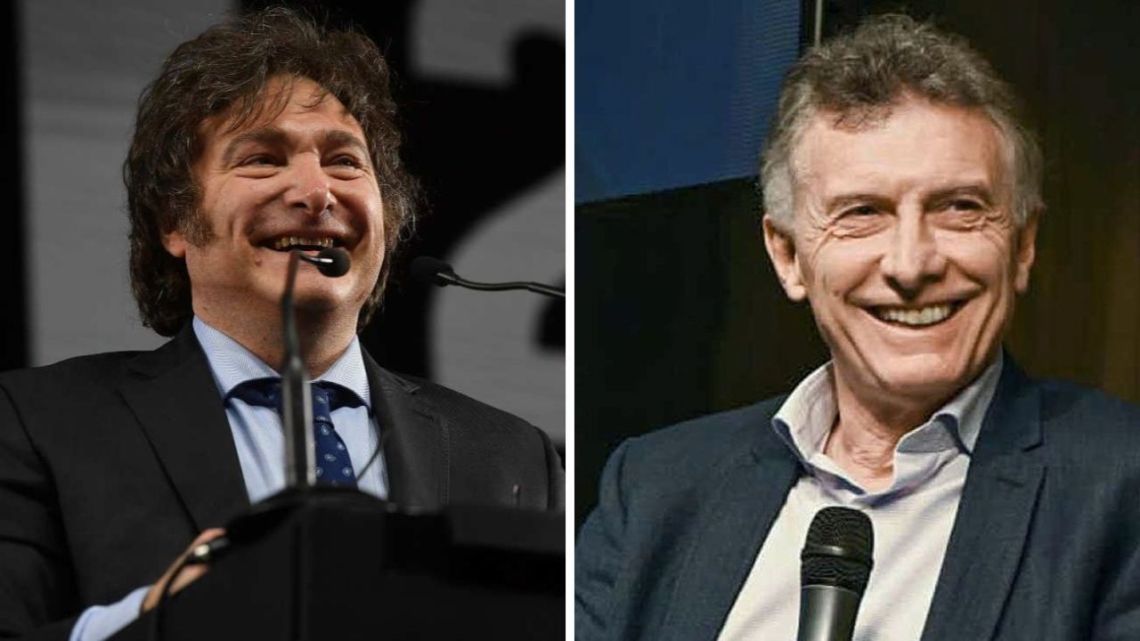
On June 17, the court granted de Kirchner’s request to serve under house arrest, canceling a court appearance scheduled for the 18th when she was supposed to begin her in-prison sentence.
De Kirchner was entitled to serve her sentence at home because she is over 70 (she is 72).
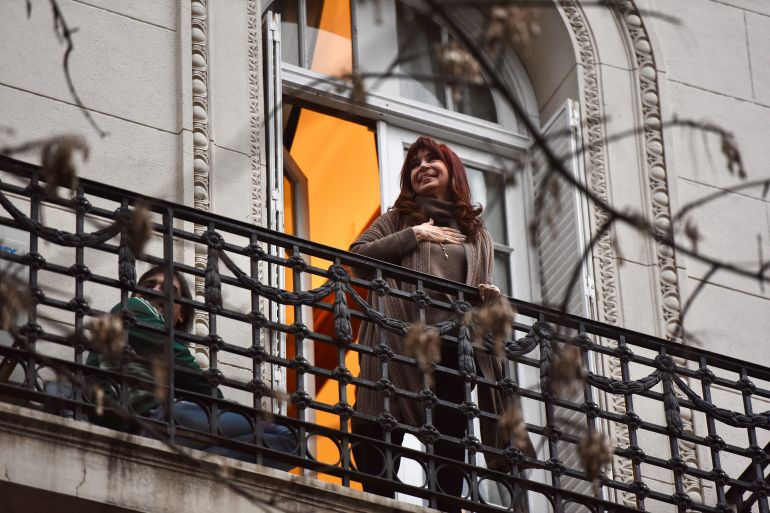
On the surface, everything may seem clear and “fair” but, in reality, neither the trial nor the sentence was fair.
The irregularities in the trial are so numerous and serious that they violate both common sense and the fundamental principles of law:
The projects were funded by the National Budget, approved by the National Congress.
The Chief of Cabinet Ministers during CFK’s two governments was never prosecuted, and the Minister of Public Works was acquitted.
The audit commissioned by Mauricio Macri’s right-wing administration only investigated works in Santa Cruz province. It concluded that the projects were well-executed and nothing was paid for that had not been built. There was only a 0.02% discrepancy (less than one kilometer, corresponding to a roundabout) out of a total of more than 5,000 km.
The case had already been tried in Santa Cruz’s courts with no convictions.
Over three years of trial, CFK was not mentioned in a single chat or email. Only three of the 81 projects were investigated, despite CFK’s defense requesting audits on all of them—which was denied.
The court appointed Eloy Bona as an official expert witness, an engineer who had repeatedly tweeted against CFK.
The trial involved prosecutor Ignacio Mahiques, Judge Jorge Gorini, and lead prosecutor Diego Luciani—each of whom was photographed playing football at Mauricio Macri’s private residence.
Appeals were handled by Mariano Borinsky, who played tennis 16 times with Macri in Olivos, and Gustavo Hornos, who visited Macri at the Presidential Palace—clear signs of bias.
After the trial ended, the prosecution introduced new evidence never presented in court. The defense had no opportunity to respond.
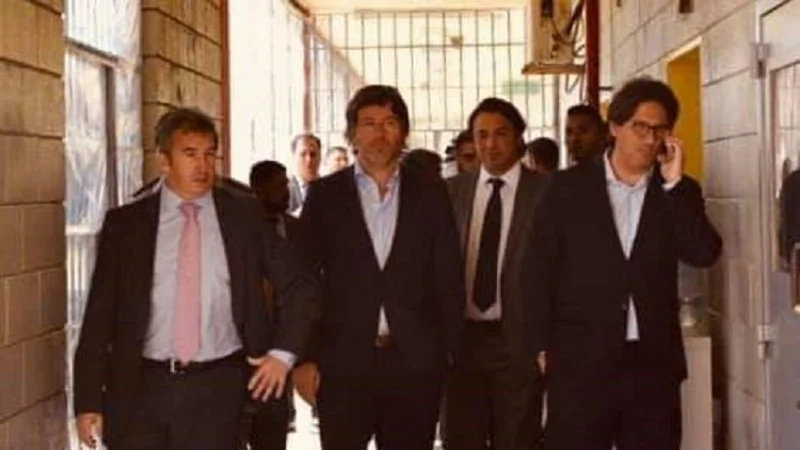
There is no link between Cristina Kirchner and the public works bidding process. Competing contractors testified that businessman Lázaro Báez—who was also convicted—won the bids due to his local expertise and company infrastructure.
A decree issued by CFK funded the works through a fuel tax, which is still collected and used for the same purpose.
The Ban
“Alongside the wage freeze imposed by Javier Milei’s government, the judicial party now adds a freeze on the popular vote,” Cristina Fernández de Kirchner told Peronist supporters minutes after the ruling was announced.
Just 15 days earlier, CFK had announced her candidacy for provincial deputy in Buenos Aires—the country’s largest electoral district—for the upcoming September 7 elections. In that short time, she went from candidate to convict. “Now, a month before candidacies are made official in the province, they release the ruling,” she said. “And that’s because they know we’re the only ones capable of building an alternative once Milei’s government collapses.”
Thus, political disqualification has returned to Argentine democracy. Recall that the founder of Justicialism, Juan Domingo Perón, and his political movement, were banned for 18 years—starting in 1955 after he was overthrown in a coup, until 1973. History repeats itself once again, not as farce but as tragedy.
For Buenos Aires Governor Axel Kicillof, “this is a new chapter in the long history of attacks on Peronism and on those, like her, who dared to transform Argentina in favor of the majority.”
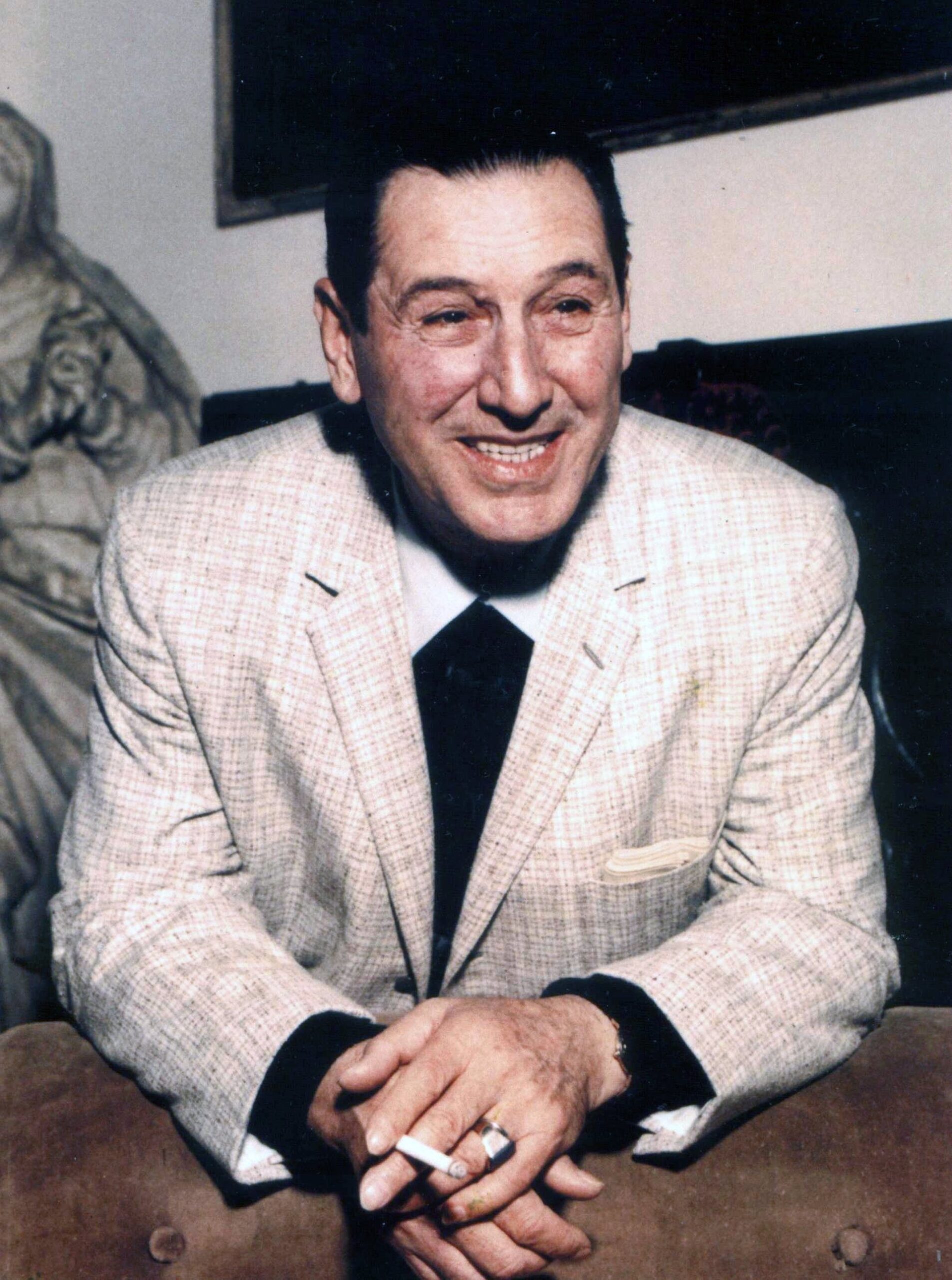
In previous months, Macri’s right-wing party, PRO—now allied with President Milei—tried to pass the so-called “Clean Record” law, which aimed precisely at banning CFK. When the bill failed, the judiciary stepped in to ensure she could not run.
At the time, Argentina’s main media outlets (Clarín newspaper, TN and Channel 13 TV stations, and Mitre radio) had headlined: “The bullet that didn’t fire and the ruling that will.” On September 1, 2022, CFK survived an assassination attempt—someone pointed a gun to her head and pulled the trigger twice, but it failed to fire. But the media were right: “It would come out,” and they knew it since September 12, 2022.
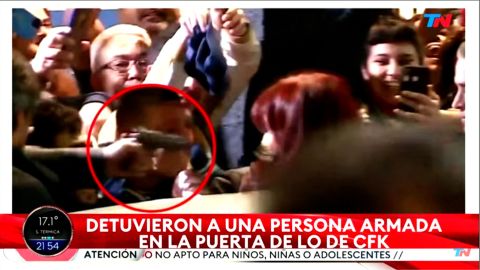
Silvina Romano, Ph.D. in Political Science and coordinator of the Observatory on Lawfare, stated: “The legal grounds never mattered in any case against CFK. The goal was always to expel her from politics because she represents those of us who want a country with social justice.”
Lawfare and Its International Repercussions
“The three Supreme Court justices acted like puppets. This has never happened before. Argentina’s Supreme Court is the only one in the world with just three members, and they rule on over 2,000 cases per year. They don’t even read them,” said Eugenio Raúl Zaffaroni, former Supreme Court Justice and member of the Inter-American Court of Human Rights (IACHR).
The court usually takes years to issue rulings; this time, it did so in record time: two months. “This is a clear case of lawfare—the same tactic used against Lula da Silva in Brazil, Rafael Correa in Ecuador, and Evo Morales in Bolivia… It’s nothing new in Latin America,” Zaffaroni explained.
“Horacio Rosatti, Carlos Rosenkrantz, and Ricardo Lorenzetti are three puppets answering to much higher powers,” CFK said. The judiciary is co-opted by the right wing, and especially by Mauricio Macri—it is anti-popular.”
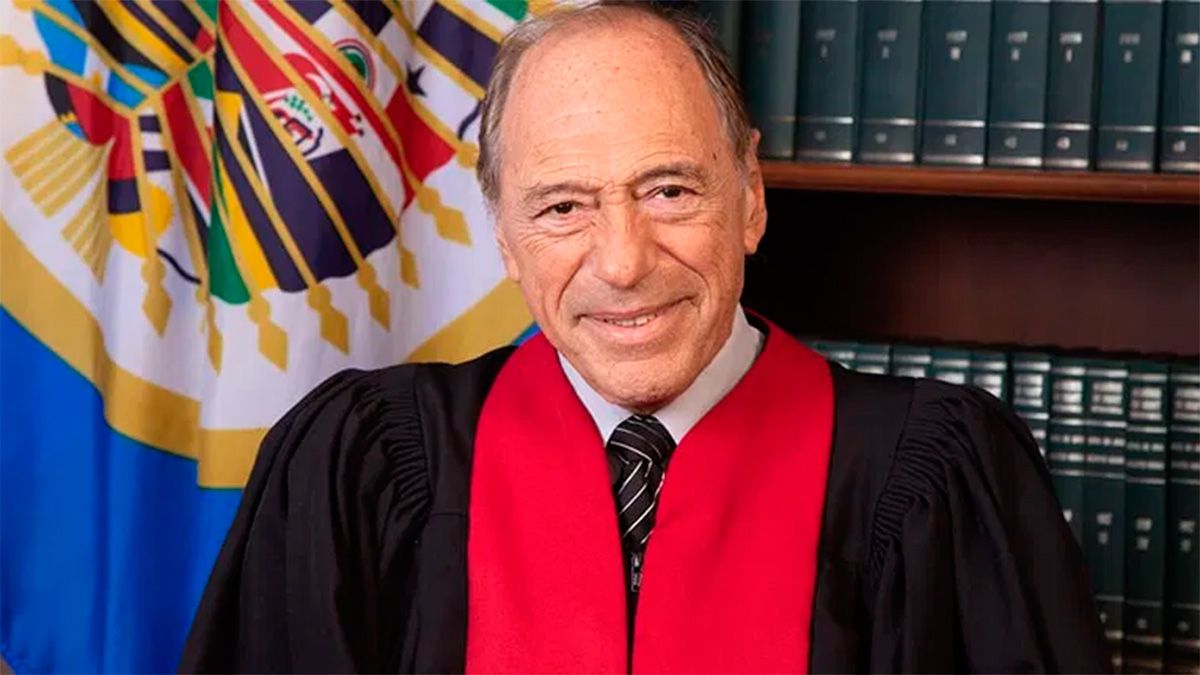
CFK’s defense attorney, Carlos Beraldi, has already announced they will appeal to the IACHR, which allows for urgent proceedings in certain cases—even if international legal timelines are usually much slower than local political ones.
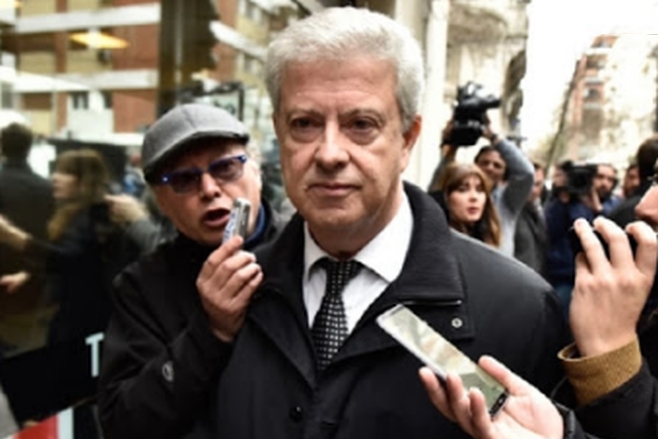
The Puebla Group—a coalition of former presidents and Latin American leaders—has pledged to support CFK in her appeal to the IACHR and to begin her case on the international stage: “Justice must never be a tool of political disqualification. We express our total and absolute support for Cristina Kirchner.”
Former Bolivian President Evo Morales warned of “a new version of Operation Condor”—the alliance of Latin American dictatorships in the 1970s that coordinated regional repression. “Now it’s not the military at the service of the empire, but judges serving the oligarchies who carry out judicial coups against those who defend sovereignty and majority rights.”
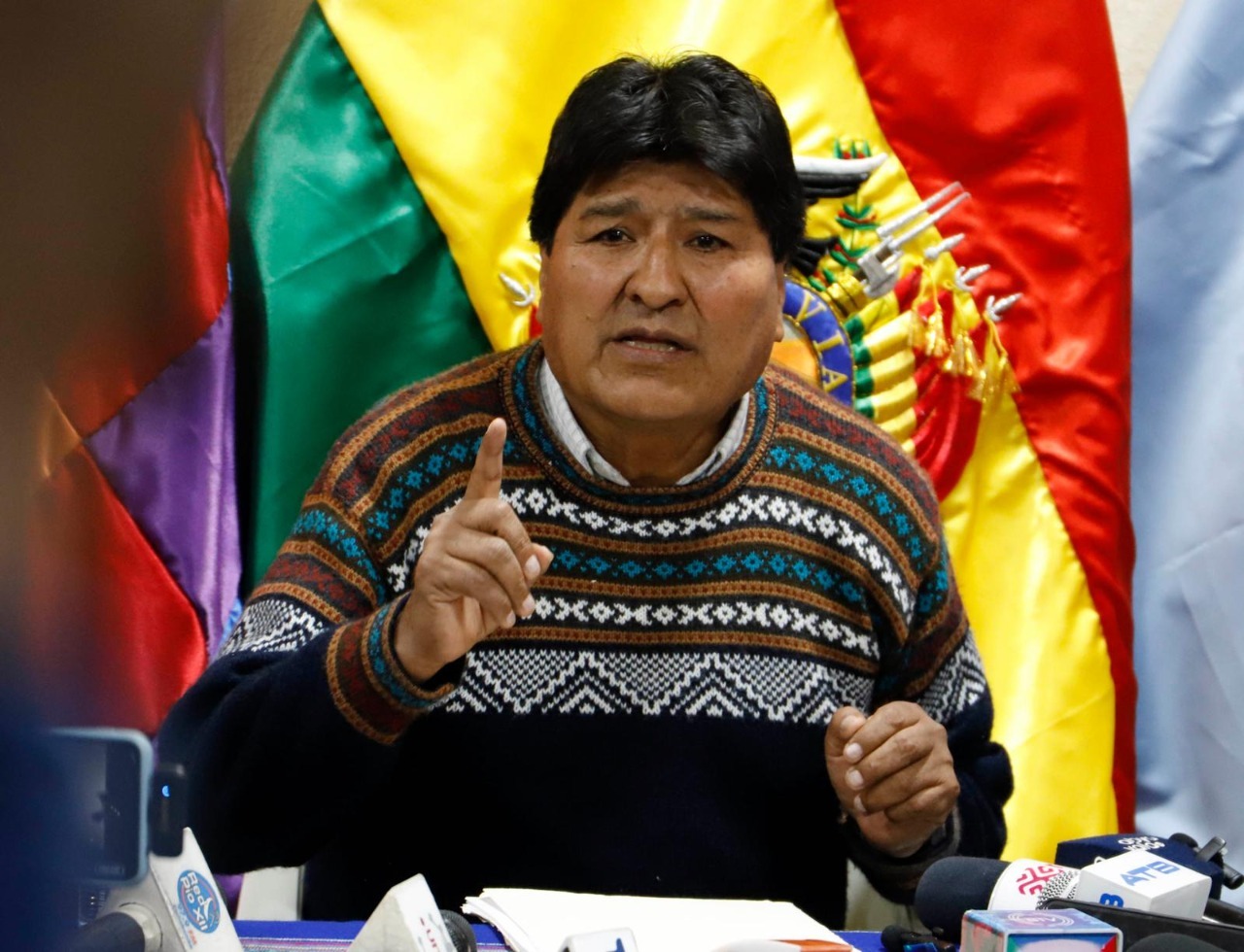
“Lawfare is a systematic regional process, with even international implications, aimed at removing certain leaders and sectors from the formal political arena—thus eliminating their ability to participate in or compete in politics. To do this, it relies on the judiciary in coordination with the media,” said Silvina Romano.
“They can put me in prison,” CFK said, “but people are earning poverty wages or losing their jobs; pensions aren’t enough to get through the month; medicines are becoming increasingly expensive and unaffordable.”
Argentina and Peronism—as a national and popular movement—know about coups and political bans. And the people also know about resistance…

CovertAction Magazine is made possible by subscriptions, orders and donations from readers like you.
Blow the Whistle on U.S. Imperialism
Click the whistle and donate
When you donate to CovertAction Magazine, you are supporting investigative journalism. Your contributions go directly to supporting the development, production, editing, and dissemination of the Magazine.
CovertAction Magazine does not receive corporate or government sponsorship. Yet, we hold a steadfast commitment to providing compensation for writers, editorial and technical support. Your support helps facilitate this compensation as well as increase the caliber of this work.
Please make a donation by clicking on the donate logo above and enter the amount and your credit or debit card information.
CovertAction Institute, Inc. (CAI) is a 501(c)(3) non-profit organization and your gift is tax-deductible for federal income purposes. CAI’s tax-exempt ID number is 87-2461683.
We sincerely thank you for your support.
Disclaimer: The contents of this article are the sole responsibility of the author(s). CovertAction Institute, Inc. (CAI), including its Board of Directors (BD), Editorial Board (EB), Advisory Board (AB), staff, volunteers and its projects (including CovertAction Magazine) are not responsible for any inaccurate or incorrect statement in this article. This article also does not necessarily represent the views the BD, the EB, the AB, staff, volunteers, or any members of its projects.
Differing viewpoints: CAM publishes articles with differing viewpoints in an effort to nurture vibrant debate and thoughtful critical analysis. Feel free to comment on the articles in the comment section and/or send your letters to the Editors, which we will publish in the Letters column.
Copyrighted Material: This web site may contain copyrighted material the use of which has not always been specifically authorized by the copyright owner. As a not-for-profit charitable organization incorporated in the State of New York, we are making such material available in an effort to advance the understanding of humanity’s problems and hopefully to help find solutions for those problems. We believe this constitutes a ‘fair use’ of any such copyrighted material as provided for in section 107 of the US Copyright Law. You can read more about ‘fair use’ and US Copyright Law at the Legal Information Institute of Cornell Law School.
Republishing: CovertAction Magazine (CAM) grants permission to cross-post CAM articles on not-for-profit community internet sites as long as the source is acknowledged together with a hyperlink to the original CovertAction Magazine article. Also, kindly let us know at info@CovertActionMagazine.com. For publication of CAM articles in print or other forms including commercial internet sites, contact: info@CovertActionMagazine.com.
By using this site, you agree to these terms above.
About the Author
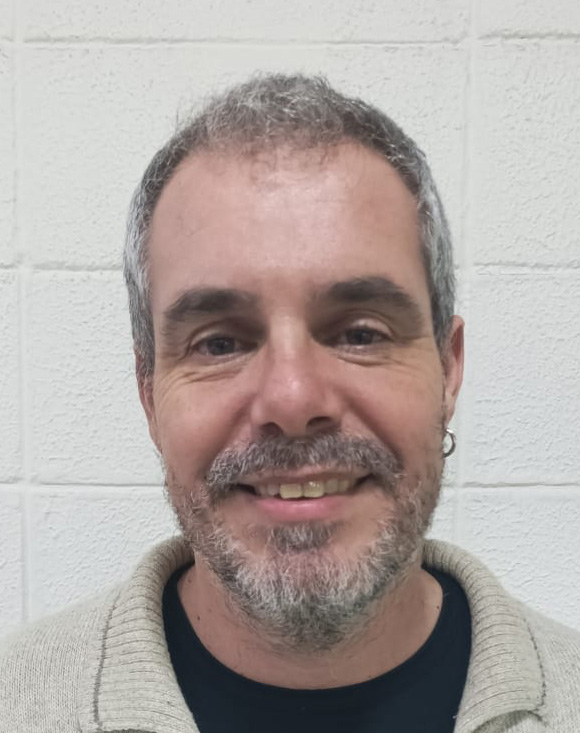
Hernán Viudes is an independent journalist and a graduate from The Faculty of Social Sciences at the University of Buenos Aires. He lives in Argentina and enjoys music, culture and football.
Hernán can be reached at hernanviudes@gmail.com.




Please see my emails from 2011 and 2013 re: Kirchner that I just forwarded to you/